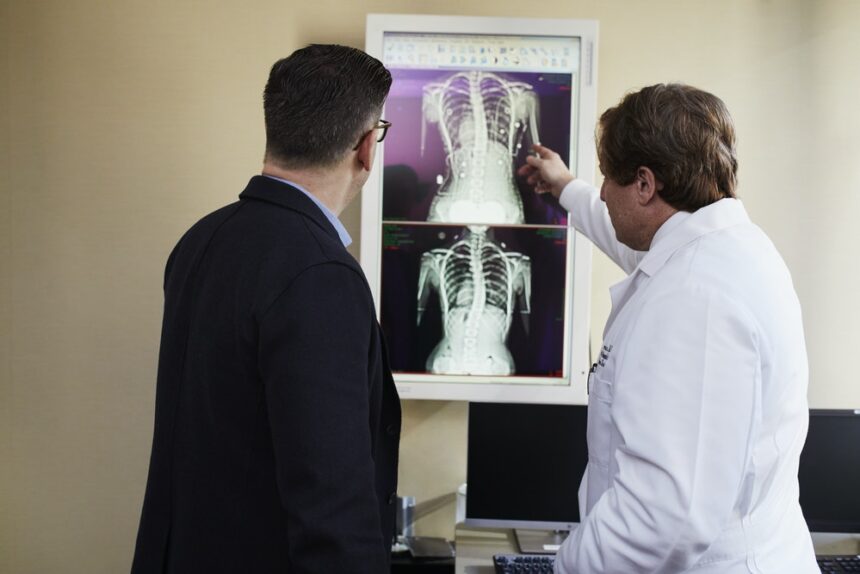When it comes to healthcare, young professionals and new residents get thrown into action and are expected to perform. And one of the best ways to prepare them for this leap is to expose them to simulation training.
The Power of Simulation Training
A pilot with 10,000 hours of cockpit experience is going to be more confident and skilled than a student with 100 hours or flying time.
A basketball coach with three decades of experience leading players is going to be better equipped to handle a locker room conflict than an interim coach who was thrust into the position 24 hours previously.
A farmer who has seen years of weather patterns and unpredictable variables impact his harvest will have superior insights regarding how to help his crops flourish in a drought (when contrasted against a businessman who recently purchased a farm as an investment).
There’s no substitute for experience. It’s one of the defining factors in what it means to be successful. And if you don’t have time on your side – years and years, that is – there are other options that can help you acquire some of the same skills and intuition without having to go through it in real life.
Simulation training is the answer. And it works especially well in hospitals, medical schools, residency programs, and other healthcare settings.
The benefits of simulation training include:
1. Improved Patient Safety
When healthcare professionals – including doctors and nurses – are exposed to simulation training, it helps improve patient outcomes and even saves lives.
For example, just three years ago, a pediatric resident resuscitated a critically ill newborn in the neonatal ward despite never having attempted it in the past. How did he do it? He credits his work with resuscitation simulation training he received just three weeks prior at the Johns Hopkins Children’s Center.
Stories like this are quite common. They happen all the time. (And would happen even more if training were prioritized to a higher degree.)
Make no mistake about it: The number one benefit of simulation training in healthcare settings is that it benefits patient safety. We could stop the article right here and it would be enough to justify an increased investment in simulation training, but we’ll be sure to touch on some of the other benefits, too.
2. Improved Confidence
There’s a certain level of confidence that arises when you’ve practiced a situation, scenario, or procedure before being asked to do the real thing. And though confidence alone won’t carry a resident through, it’s certainly helpful in improving performance and promoting better outcomes.
3. Trial and Error
In most industries, inexperienced people can gain experience through trial and error. A social media marketer learns what works by posting content and studying the engagement rates. When nobody engages with something, the long-term impact is minimal.
A painter gains experience by painting houses. When he messes up, he can always clean it up, repaint, or touch up – no harm, no foul.
Even a rookie NFL quarterback has lower stakes. He might throw a few interceptions and enrage a fanbase of several hundred thousand people, but it’s ultimately a game. Nobody is getting hurt.
The same cannot be said in the healthcare field where life and death hang in the balance on a daily basis. Hospitals can’t afford to throw a new resident into a serious situation without experience. Sure, it might teach the resident some valuable lessons, but these takeaways would come at the expense of someone else’s health and well-being.
By leveraging simulated training, more hospitals can close the void and better equip young professionals to perform at a higher level of competency once they’re required to do so. The hope and expectation is that more healthcare organizations will make these investments.
Empowering Tomorrow’s Leaders Today
If you study the trajectory of the healthcare industry over the past few years and decades, you know that patient outcomes have improved dramatically in virtually every category and niche. Not only are we learning more about the human body, but we’re also discovering how to train doctors and nurses so they’re better equipped to do their jobs. Simulations are just one element in this equation – but they’re an important one.

